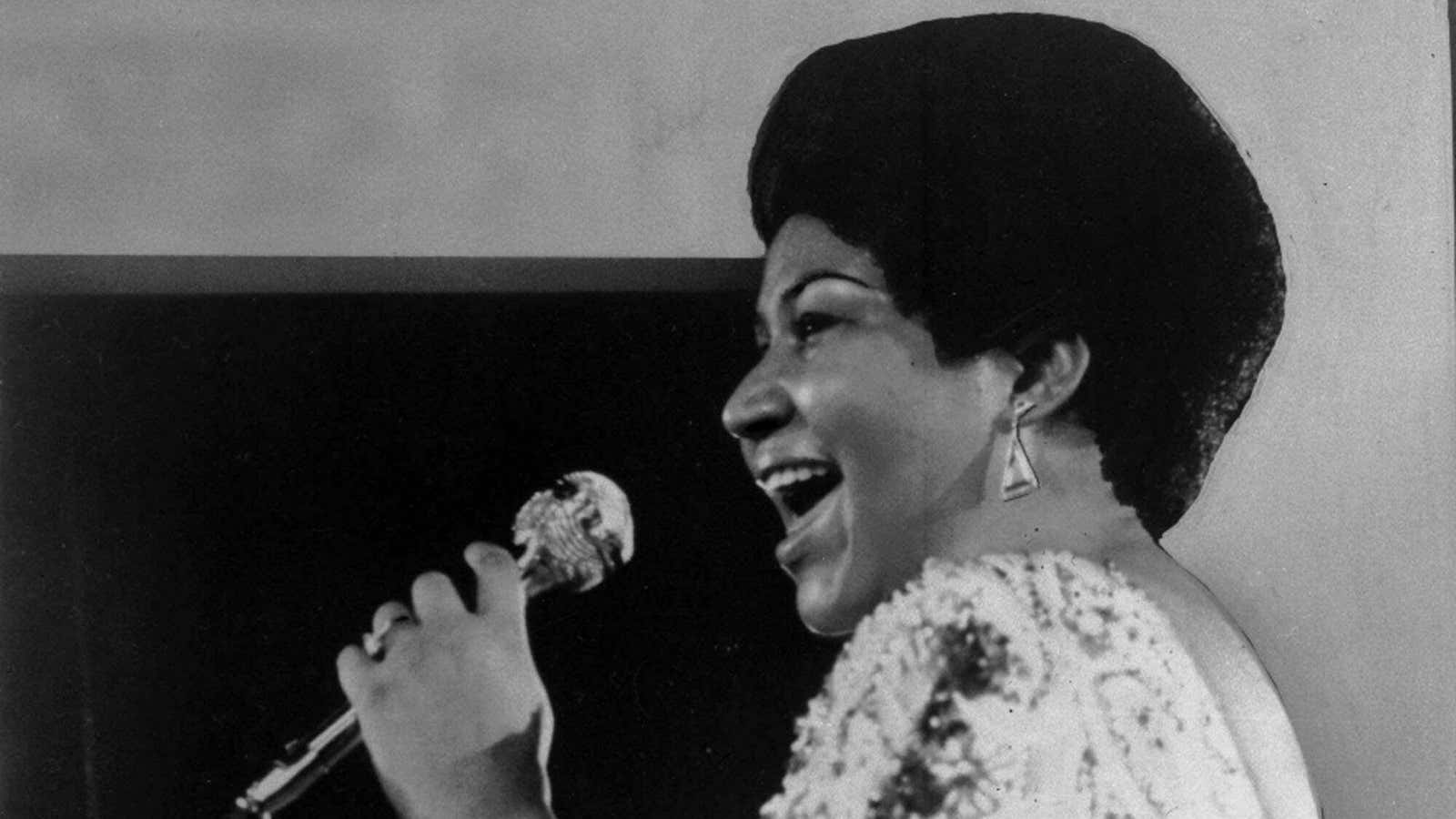Last week, we looked at the legal war that the recorded music industry is waging against Pandora Media and Sirius XM satellite radio over songs recorded before 1972, which are not covered by Federal copyright laws.
This dispute, which could have far-reaching implications for the future of the digital music business, just took another twist, with two members of Congress: George Holdings, a Republican from North Carolina, and John Coyners, a Democrat from Michigan, putting forth legislation to change this.
The bill they are proposing is called the “Respecting Senior Performers as Essential Cultural Treasures Act or the “RESPECT” Act (putting aside the fact that there is an E missing in the anagram, and the moniker has been used at least once before in totally unrelated legislation).
The royalties paid on music are incomprehensibly complex. We won’t go into them again here, but Pandora has become one of the single biggest royalty-payers for both compositions (to publishers and songwriters, which we looked at recently too) and on sound recordings. All told, it paid out 53% of its revenue in royalties last year. But it stopped paying them on pre-1972 recordings when a ruling by the copyright office in 2011 suggested that it no longer needed to.
While few would argue against artists being remunerated for their work, the dispute is a bit more complex than that, because in the not-too-distant past, record labels have actually argued against amending legislation to get songs recorded before 1972 covered by royalties law.
Now those labels are on the other side of the fence. As we discussed last week, the Recording Industry Association of America and four record labels have sued Pandora and Sirius, arguing that while pre-1972 recordings aren’t covered by US federal law, they are covered by state laws. Pandora has yet to respond on its separate lawsuit, but has put out the following, scathing statement in response to the new legislation.
For several years, major labels and their special interest groups have lobbied against federal copyright protection on pre-1972 sound recordings, effectively preventing many artists from getting paid for their music. Now, those same labels and special interest groups are pointing their fingers at new digital services as the reason they can’t pay impacted artists when their years of lobbying are really to blame. Case in point, less than three years ago, the Recording Industry Association of America told the U.S. Copyright Office that record labels opposed any federalization of pre-1972 recordings.
To be clear, Pandora pays publishing royalties on all spins, including pre-1972. Pandora only stopped paying pre-1972 performance royalties following a 2011 U.S. Copyright Office report stating definitively there is no federal copyright on these works.
Not much gets through Congress these days, but the bill, which is supported by a host of prominent artists, is one to keep an eye on for anyone with an interest in the future of the music business and streaming.
